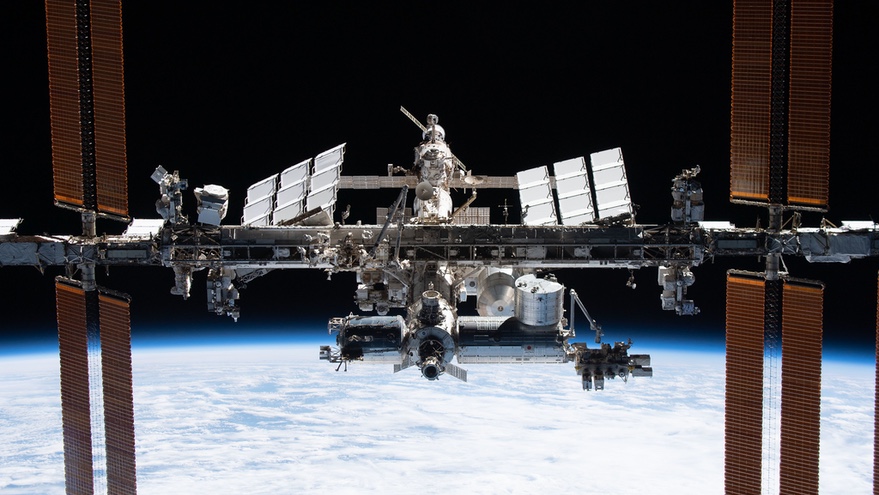ARCADIA, Calif. — The nonprofit that runs the national laboratory portion of the International Space Station is not making full use of the advisory group established after an independent review of the organization.
A report published by the Government Accountability Office June 7 said that the Center for the Advancement of Science in Space (CASIS), which manages the resources of the ISS designated as a national laboratory, was not providing its User Advisory Committee (UAC) with information on how the lab was being used or seeking input from the committee on resource allocations.
CASIS established the UAC in 2020 in response to the findings of an independent review commissioned by NASA in 2019 that sharply criticized management of the ISS national laboratory (ISSNL). One of the review’s recommendations was a creation of an advisory committee to serve as a liaison between CASIS and the community of lab users.
The GAO review, requested by the leadership of the House Science Committee, found issues with how CASIS used the 35-person UAC. “For example, the charter states the UAC should prepare information that can be used to inform decisions on the ISSNL utilization portfolio,” the report states. “However, CASIS leadership has not obtained input from the UAC when deciding how to allocate resources across its lines of business.”
CASIS said it has not sought input from the UAC in part because it felt it was unlikely that the UAC could provide a consensus view among all lab users, an explanation the GAO rejected. “A potential lack of consensus from the users does not preclude CASIS from obtaining information from its UAC,” it concluded. “As diverse perspectives can inform decision-making, diverse input could enhance CASIS leadership’s understanding of risks and opportunities across the ISSNL portfolio.”
UAC members said that while CASIS does provide them with some information about how it allocates resources, it sought “greater transparency” such as the full queue of payloads flying to the station. That information, they said, “would help the users determine why planned resource allocations change, and help them better prepare for additional changes in the future.”
CASIS said it had not provided that level of detail since the resource allocation process for payloads going to the station is “complex and fluid.” The GAO concluded, though, that NASA officials acknowledged there were opportunities for improvement.
The GAO also raised concerns about the succession plan for the leadership of the UAC, whose two-year terms will expire in November. As of May, the report stated, “CASIS and UAC leadership had not established a timeframe for finalizing the succession plan, or how current and new members’ terms will overlap.”
“While establishing the UAC was a step in the right direction, CASIS has opportunities to further improve the collaboration with ISSNL users by obtaining input on resource allocation decisions,” the GAO report concluded. It made recommendations that NASA ensure CASIS seek input from the UAC on resource allocations, provide more data about those allocations and develop a succession plan for the committee.
NASA, in a response to the GAO included in the report, accepted the recommendations except for one about access to the flight queue of payloads going to the ISS. Kathy Lueders, NASA associate administrator for space operations, wrote that the “visibility into the overall ISS flight queue is not possible until the ISS program has had time to evaluate the needs of the ISS as a whole, which are subject to change on a flight-by-flight basis somewhat close to launch.”
